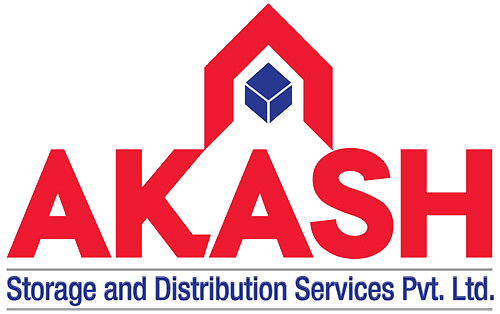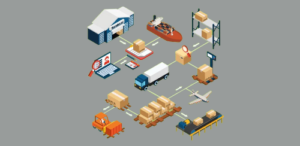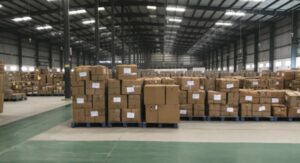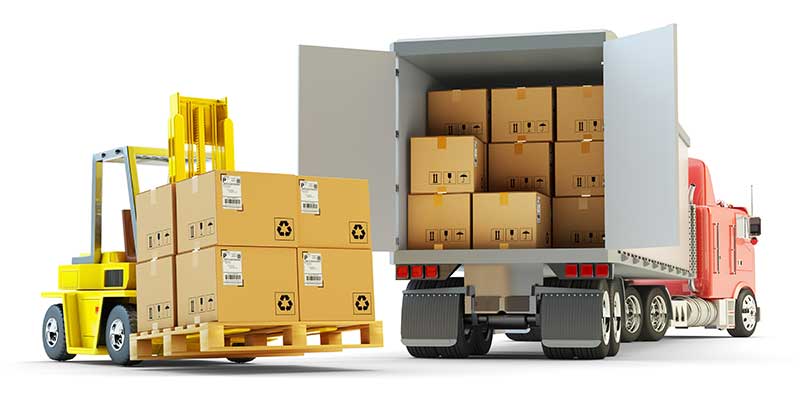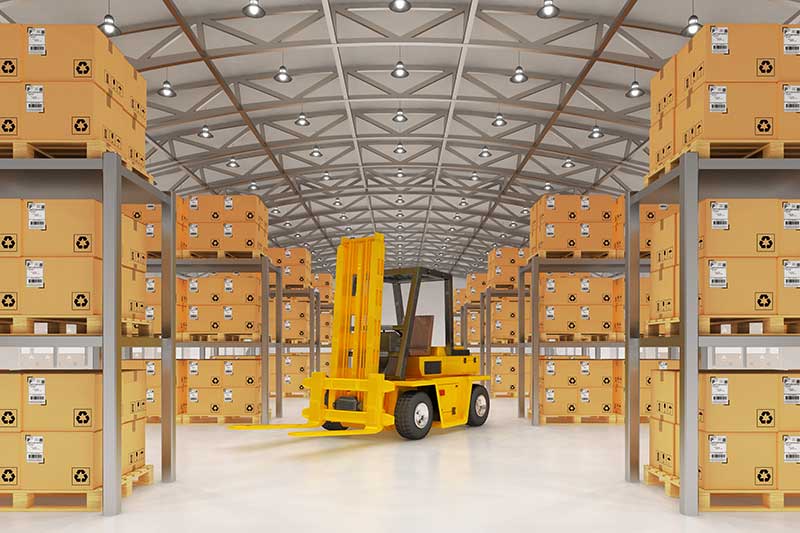Introduction
In the fast-paced world of e-commerce and online shopping, last-mile delivery services have emerged as a critical component of the supply chain. It refers to the final leg of the delivery process, from the distribution center to the customer’s doorstep. While this service offers undeniable benefits, it also presents challenges that businesses must consider. In this blog, we will delve into the pros and cons of the services.
Pros of Delivery Services:

Speed and Convenience:
One of the primary advantages is its speed and convenience. With an efficient delivery network, customers can receive their orders within hours or even minutes after placing them. This quick turnaround time significantly enhances customer satisfaction and boosts brand loyalty.
Enhanced Customer Experience:
Last-mile delivery allows businesses to provide personalized and reliable customer experiences. Companies can offer flexible delivery options, such as same-day or next-day delivery, as well as the ability to track orders in real-time. These features not only increase customer satisfaction but also create a competitive advantage in the market.
Reduced Shipping Costs:
By optimizing delivery routes and utilizing local distribution centers, companies can reduce shipping costs. Efficient delivery networks with shorter distances can lead to cost savings and improved profitability.
Sustainability and Environmental Impact:
Last-mile delivery services can contribute to sustainability efforts by implementing eco-friendly delivery options. Using electric vehicles, bicycles, or delivery drones can help reduce carbon emissions and minimize the environmental impact of transportation.
Cons of Last-Mile Delivery Services:

Cost and Operational Challenges:
While it offers benefits, it comes with significant costs and operational complexities. Maintaining a network of delivery personnel, vehicles, and distribution centers requires substantial investment. Moreover, navigating through urban traffic and congested areas can lead to delays and increased operational expenses.
Order Tracking and Security:
While real-time tracking is a pro, it can also be a con. Customers often expect precise updates on their deliveries and any discrepancies or delays may result in dissatisfaction. Ensuring the security of packages during the delivery can also be challenging, as theft and damage are risks that need to be addressed.
Labor and Workforce Issues:
Recruiting and retaining a reliable and skilled delivery workforce can be a challenge for companies providing last-mile services. High employee turnover, labor shortages and the need for background checks can impact the efficiency and consistency of the delivery process.
Traffic and Regulatory Constraints:
Last-mile delivery often faces traffic congestion and regulatory restrictions in urban areas. With the increasing number of delivery vehicles on the road, traffic bottlenecks can lead to delays and hamper on-time deliveries. Additionally, local regulations on delivery hours, noise restrictions, and access to certain areas can pose obstacles to efficient last-mile operations.
Conclusion
Last-mile delivery services are an essential component of modern supply chains, offering speed, convenience and improved customer experiences. However, they also come with challenges, such as high costs, workforce issues, and traffic constraints. Businesses must carefully weigh the pros and cons to make informed decisions about their last-mile delivery strategies.
By understanding and addressing these challenges, companies can optimize their last-mile operations and provide seamless, efficient and reliable delivery services, ultimately contributing to enhanced customer satisfaction and sustainable growth in the ever-evolving world of e-commerce.
